Nigeria Faces Sharp Criticism After Ministry of Agriculture Calls for Prayer to Address Food Shortages
- by Farouk, Abuja, RNG247
- about 7 hours ago
- 14 views
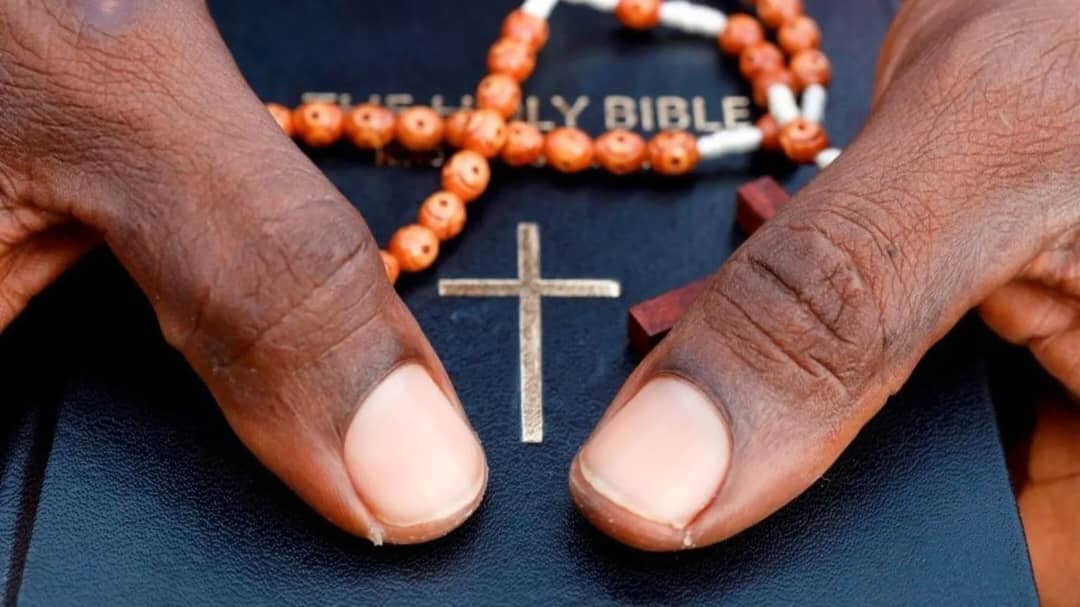
In a move that has ignited controversy and disbelief across the nation, Nigeria’s Ministry of Agriculture is under fire after issuing an internal memo urging staff to participate in a series of prayer sessions aimed at ending the country’s severe food shortages. The memo, from the head of the ministry's HR department, instructs employees to attend a "solemn prayer session" and observe fasting every Monday for the next three weeks, sparking widespread public debate over the government’s approach to tackling an escalating crisis.
The call for divine intervention has been met with skepticism and frustration from many Nigerians, who question whether prayer alone can resolve the growing hunger crisis. Critics argue that the ministry’s emphasis on spiritual solutions highlights a dangerous abdication of responsibility, especially as millions of citizens continue to face food insecurity amidst a worsening economic landscape.
In a press release issued on Saturday, the ministry attempted to downplay the significance of the prayer initiative, claiming that it was not an official policy to combat hunger but rather a move aimed at boosting staff morale and well-being. The statement likened the prayer sessions to existing health initiatives, such as monthly aerobic exercises and the establishment of gymnasiums within the ministry premises, which are intended for physical fitness and staff health.
Despite authorities’ assertions, the reality on the ground paints a stark picture of hardship: according to United Nations estimates, over 4.4 million Nigerians are currently unable to access enough food. The country is grappling with its worst economic downturn in decades, exacerbated by recent policy changes implemented by Nigeria’s new administration since 2023. These upheavals have contributed to soaring prices for staple foods—such as yams, which quadrupled in cost within a year—fueling nationwide protests over the rising cost of living.
The backlash on social media has been swift and fierce, with many Nigerians condemning the government’s approach. Online critics mocked the prayer initiative, suggesting leadership should be replaced by religious figures like pastors and imams or dismissing the effort entirely with comments like “Nigeria is a joke.” Such reactions reflect deep frustration, with many citizens feeling abandoned by authorities who appear to prioritize spiritual solace over concrete action.
While government officials insist they have implemented tangible measures—including distributing over 1,000 tractors and more than two million bags of fertilizer to farmers in a bid to bolster food production—the results thus far have failed to alleviate the crisis. The disconnect between official statements and public sentiment underscores the urgent need for comprehensive, practical solutions to Nigeria’s food insecurity—beyond calls for prayer and hope.



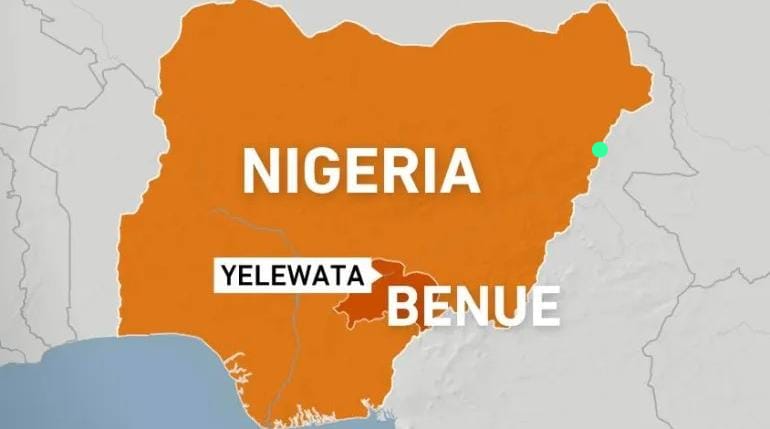


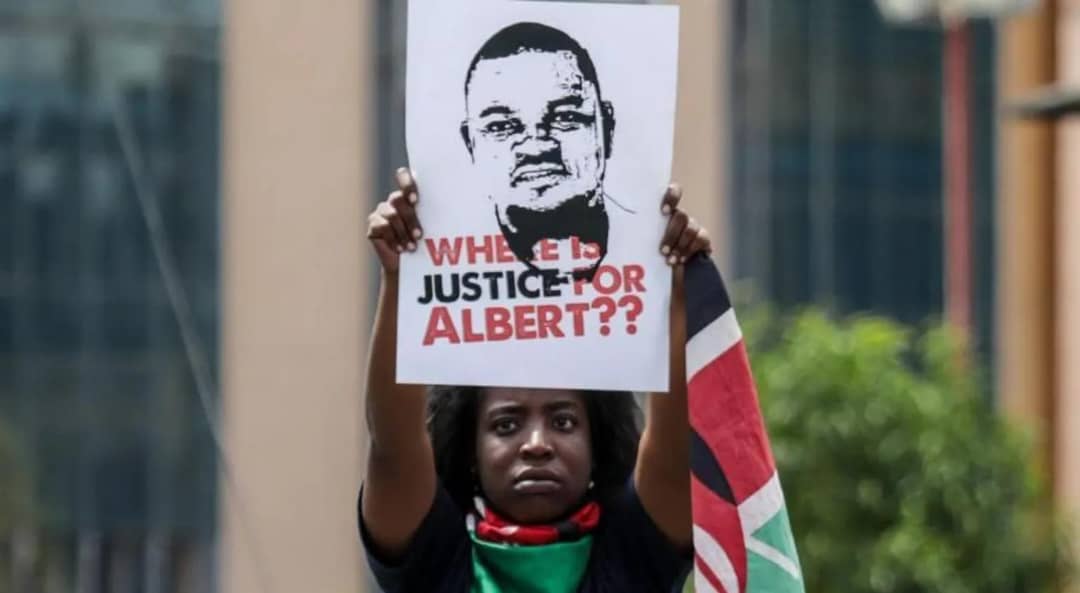
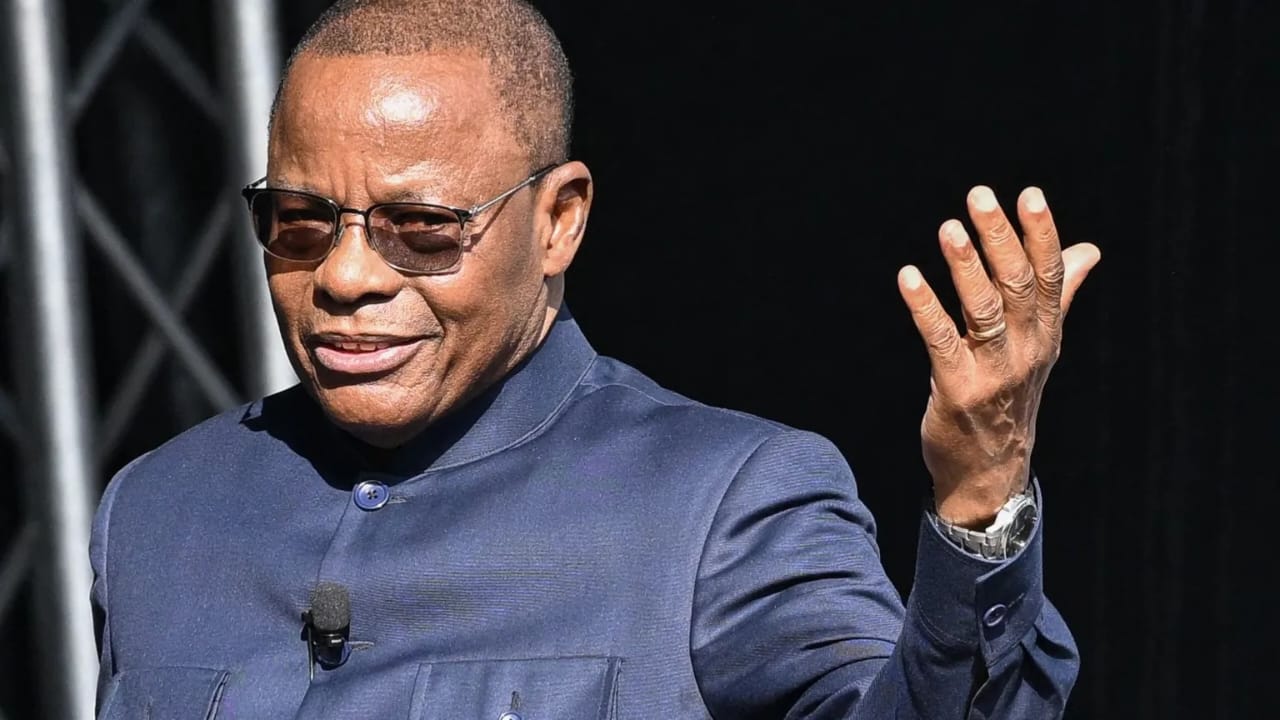


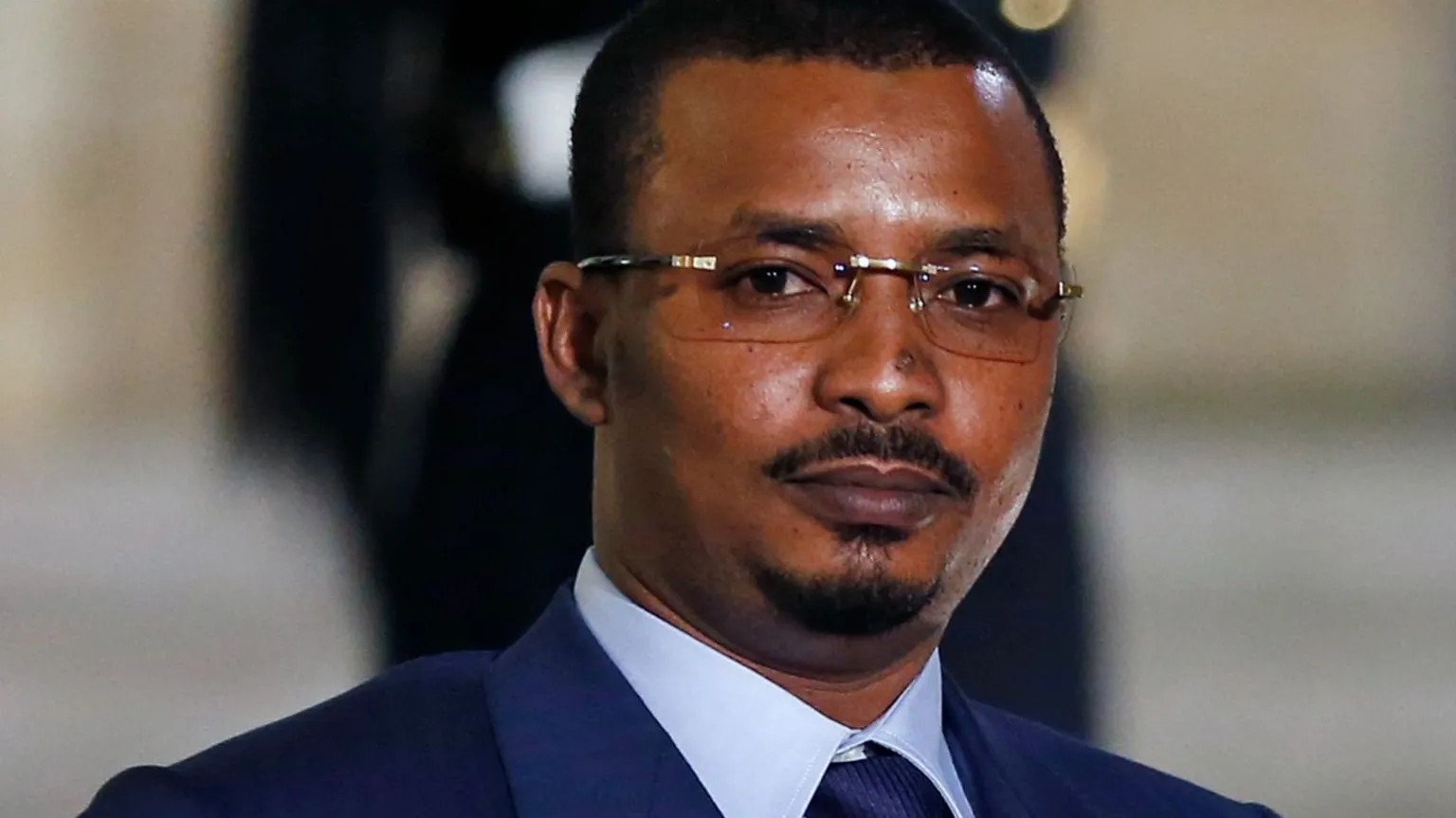
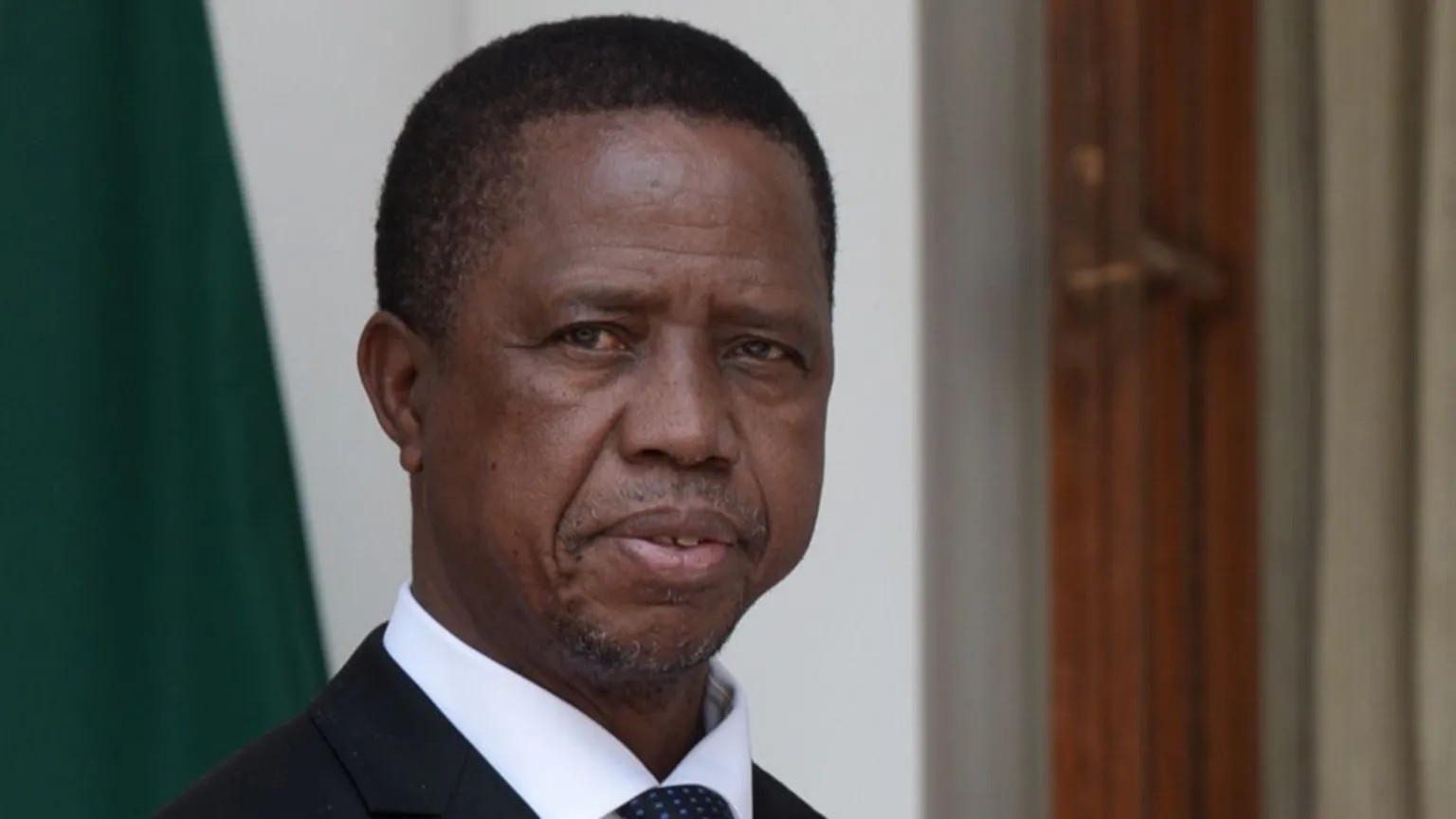
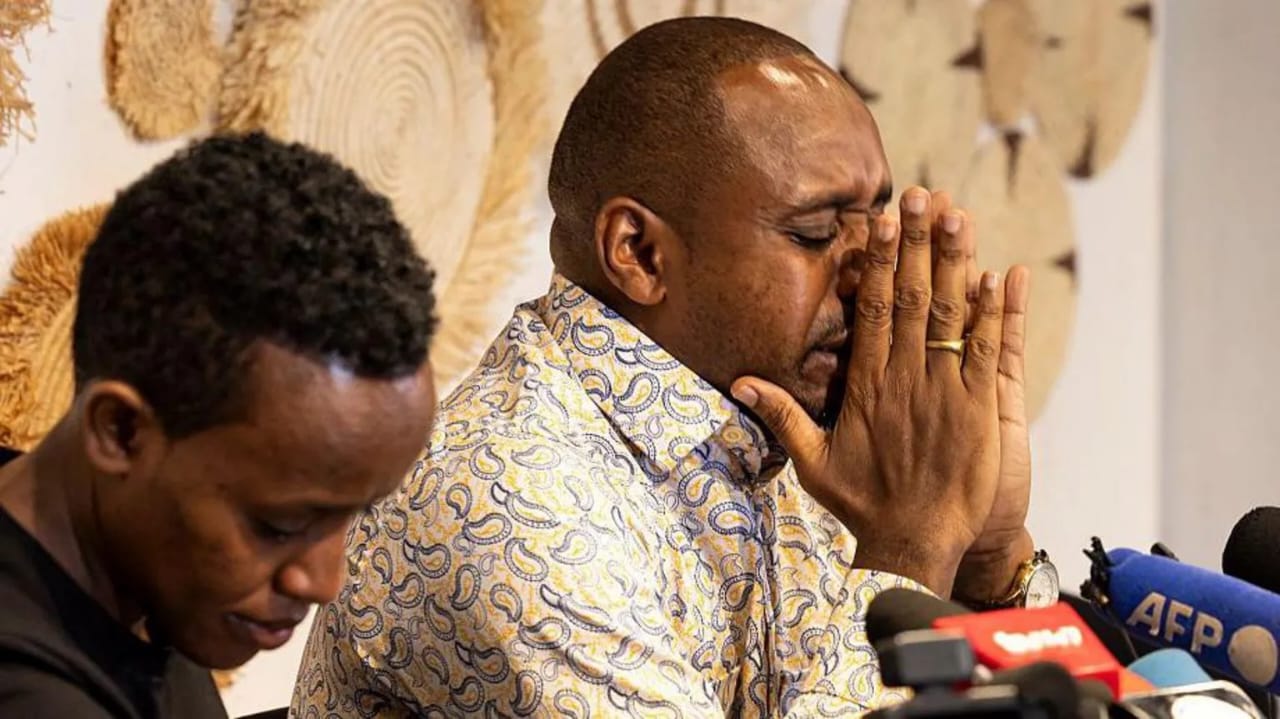



0 Comment(s)